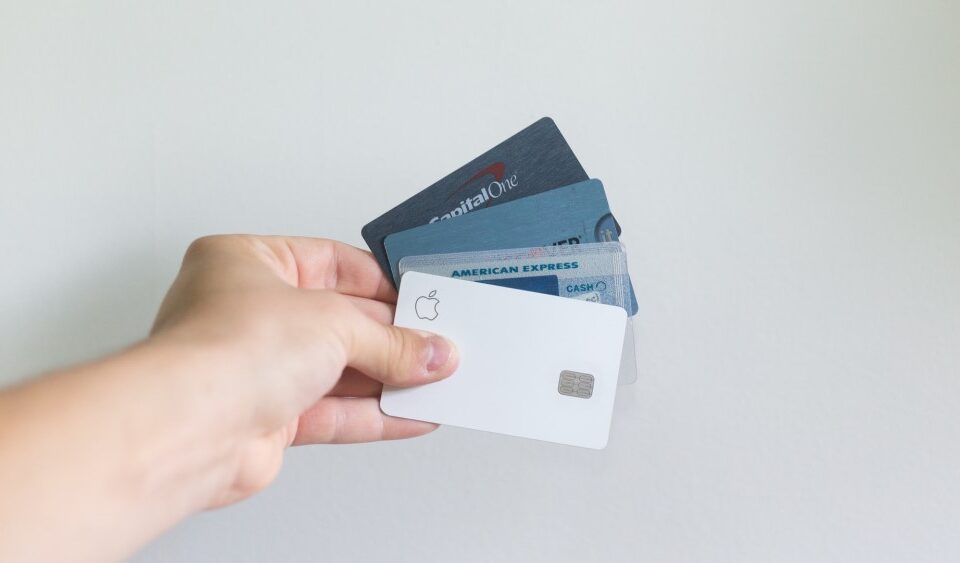Nearly everyone today has a credit card. In a way, they’ve become an indispensable part of our lives, thanks to their many perks, including ease of use and convenient pay-back options. However, there is a limit on how much you can spend. If you surpass this limit, you might face fines or penalties besides your regular payment. Bankers and lenders, such as Payday Depot, refer to this limit on your card as “credit limit.”
Learning how to manage your credit limit will increase your chances of securing higher credit and will improve your credit score. Here’s what you need to know about a credit limit.
What Is a Credit Limit?
A credit limit is a maximum amount a bank or lender allows you to spend on a credit card or line of credit. It’s also defined as the maximum balance individuals can have on their credit card or line of credit without getting penalized.
Every time a person uses his credit card for purchases, a certain amount gets subtracted from his credit limit. The remaining balance is referred to as available credit.
Credit card issuers and lenders determine credit limits based on several pieces of information provided by credit applicants.
Credit limits apply to both secured and unsecured credit. Secured credits are backed by collateral, which the lenders consider when determining the credit limits. Unsecured credit limits are usually in the form of credit cards and unsecured lines of credit.
Lenders, credit card issuers, and banks will issue high-risk borrowers low credit limits since there’s a high chance they won’t pay it back. Low-risk borrowers often enjoy high-credit limits.
How Can You Know Your Credit Limit?
Individuals can check their credit limits with ease via their mobile/online credit card accounts. A recent copy of their billing or credit card statement can also provide them with the limit information. Alternatively, they can call the number on the back of their credit card and request the credit limit details from the provider.
What Factors Determines Your Credit Limit?
As said earlier, lenders set credit limits based on several factors. They include:
- Payment history
- Current accounts
- Account history
- Income
- Debt
- Limits on other credit cards
Sometimes the type of credit card can determine your credit limit. Some credit card issuers have varying credit limits for customers based on their credit histories. Others have virtually the same limits for everyone.
What Happens If You Exceed Your Credit Limit?
Surpassing your credit limit can result in several negative consequences. You might end up paying fines or getting penalized. Also, lenders may reduce the credit limit or even close the account if an individual goes over his limit habitually.
If you have a history of exceeding your limit, the credit card issuer might increase your interest rate. This will hurt your credit score. So, it’s wise to keep track of your spending to avoid going overboard.
Conclusion
Credit cards or lines of credit make perfect tools for achieving financial flexibility. But that’s only true when individuals use them responsibly. That means knowing their credit limits and paying debts and bills on time. Remember, higher credit limits also help individuals maintain good credit scores.

